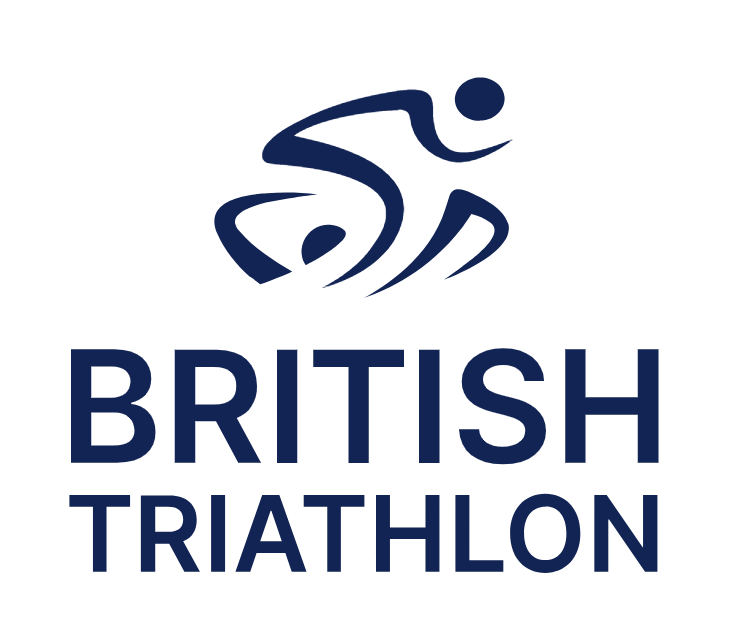
About First Triathlon Coaching
The Coach
Founder of First Triathlon Coaching, Leighton is the lead coach at FTC, an experienced Triathlete and BTF Level 2 coach. Leighton has personally experienced the challenges, both mental and physical, of completing a first Triathlon and going on to complete many more, including qualifying for age group European and world championships.
Profile: I have 10 years experience in Triathlon as well as a lifetime experience in messing around on bikes of all types and immersing myself in the water for various pursuits, whether that be swimming, surfing or windsurfing. Running is definitely my nemesis and has been a big struggle for me over the years but something I’ve worked hard on and am finally feeling like I’m getting to grips with!
Best Moment in Triathlon: Qualifying for the age group Sprint Triathlon world championships in 2023.
Worst Moment in Triathlon: The huge panic attack 1/3 of the way through the swim in the qualifying event for the age group worlds in 2019. Fortunately managed to get my breathing back under control after a minute or so and carry on….
Qualifications:
British Triathlon Level 1 Coaching
British Triathlon Level 2 Coaching
British Triathlon Level 2 Diploma
Our Approach
Our Focus - Achieving Your Training Goals
Training goals can mean many different things to different people. For some its qualifying for IronMan world champs in Hawaii, for others its completing their first triathlon, and for many its just getting fit and healthy and feeling good about their body. Our focus is on achieving that goal, whatever it may be…
Our approach is based on some core principles:
Setting Achievable Goals - Being realistic about goals is the first step to achieving goals. Working with athletes to understand what is challenging, but achievable is the foundation of any training plan.
Unique Training Plans Based on Individuals - Every athlete is an individual, with unique physiology, training history, injury history etc etc, not to mention athletes enjoying different types of training in different ways. Asking an athlete to consistently train in a way that they don’t enjoy is a sure fire way to fail. A one size fits all approach will not get the best out of any given athlete…. Athletes goals are also as unique as they are. For some its qualifying for IM world champs in Hawaii, for others its completing their first triathlon, and for many its just getting fit and healthy and feeling good about their body. A bespoke plan taking into account all these variables will give the best chance of success.
Proven Scientific Principles - Endurance training is steeped in history, and with that comes dogma and traditions. Our focus is on proven techniques that stand up to scientific rigour. We avoid fads, and we challenge traditional approaches to make sure our approach gives the most chance of a successful outcome.
Sustainable Training Plans - The biggest indicator of success and improvement is consistent training. One of the core principles of a good training plan is keeping the athlete healthy. Injuries, sickness, overtraining or mental health issues will derail the best training plan and make for inconsistent training. Having a sustainable training plan using sensible progression levels and a strong focus on recovery helps keep athletes healthy and fit and allows for consistent training. What we wasn’t to avoid is a “Boom and Bust” approach, where big gains are made in the short term, but at the detriment of long term improvement.
Educate the Athlete - An informed athlete is much more likely to achieve their goals than one that follows blindly. Educating athletes on sound training principles allows them to have a more active and collaborative role in their training plan which is far more likely to lead to success.
Regular Review and Adaptation - If there is one thing you can guarantee its that things change. Life gets in the way of training plans, individuals respond better or worse than expected to training. Events get cancelled. People get injured or sick. Whatever happens, its important to constantly review, re-set the baseline, adapt, and move forward in a positive way.
Collaborative Coaching Relationship - Coaching is a relationship, not just a training plan. Strong communication using relevant modern tools and technology is the foundation of a good coach/athlete relationship. Remember, its your training plan, not your coaches. If you miss workouts, or cant complete a workout that’s ok, we’ll just look to understand why, and look at how we can make it achievable next time.



